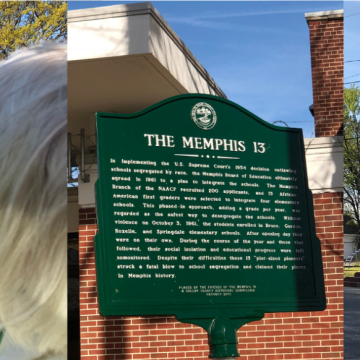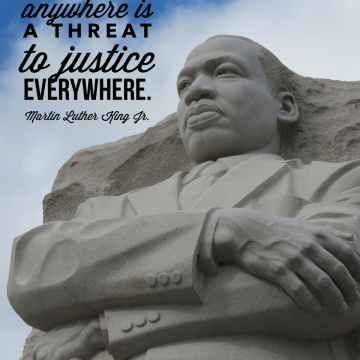 Read this excerpt from the New York Times and think about whether you agree or not.
Read this excerpt from the New York Times and think about whether you agree or not.
The prevailing American story line right now is seething anger at politicians: that they’re corrupt, or heartless, or socialist, or dumb. But the Amazon story, and many other recent developments, suggest that the problem is significantly deeper.
Far beyond official Washington, we would seem to be witnessing a fraying of the bonds of empathy, decency, common purpose. It is becoming a country in which people more than disagree. They fail to see each other. They think in types about others, and assume the worst of types not their own.
It takes some effort these days to remember that the United States is still one nation.
It doesn’t feel like one nation when a company like Amazon, with such resources to its name, treats vulnerable people so badly just because it can. Or when members of a presidential debate audience cheer for a hypothetical 30-year-old man to die because he lacks health insurance. Or when schoolteachers in Chicago cling to their union perks and resist an effort to lengthen the hours of instruction for children that the system is failing. Or when an activist publicly labels the U.S. military, recently made safe for open homosexuals, a “San Francisco military.” Or when most of the television pundits go on with prefabricated scripts to eviscerate their rivals, instead of doing us the honor of actually thinking.
The more I travel, the more I observe that Americans are becoming foreigners to each other. People in Texas speak of people in New York the way certain Sunnis speak of Shiites, and vice versa in New York. Many liberals I know take for granted that anyone conservative is either racist or under-informed. People who run companies like Amazon operate as though it never occurred to them that it could have been them crawling through the aisles. And the people who run labor unions possess little empathy for how difficult and risky and remarkable it is to build something like Amazon.
What is creeping into the culture is simple dehumanization, a failure to imagine the lives others lead. Fellow citizens become caricatures. People retreat into their own safe realms. And decency, that great American virtue, falls away.
So, what do you think? Here are my thoughts.
Social media has the potential to widen that gap, furthering fraying decency. It also has the potential to totally shift the reality for the better. Each of us play a role in this. And I want to apologize for doing it myself at times. Earlier, I read an article that I agreed with but after I sent along the tweet, I thought about the tone the article was written in…. it was more adversarial than it needed to be to make the point. I expect more of myself and I expect more from the people in my community — you folks should feel free to call me on it when I goof! In this case it was about sustainable agriculture but it could have just as easily been about health care, politics, college football coaches or at this time of year whether you celebrate Christmas or the holidays.
The point of the article I’m talking about is that sustainability needs to be looked at objectively. What do we want to achieve when we talk about sustainable? The author had incredible points about biotech aka GMOs with Bt. cotton having had profoundly positive impacts in the Cotton Belt from an environmental perspective. But too much of the article focused on the lack of the organic community realizing that. Well, guess what. You can’t paint all biotech or organic with the same broad brush. I especially know this because when I wrote a post last year about organic cotton being reported as up in acres (so was conventional/biotech), my good friend Emily Zweber says that as an organic producer, she has more than a single consideration of “buy organic” when she looks at things.
I learn a lot from talking to people who have different experiences and different info than I have. I can not do that if I contribute to the fraying of decency. Instead, I want to meet and treat people with respect, the same respect I feel I deserve. The opinions can be different and sometimes we have to agree to disagree as my friend Mona said recently (you should check out her blog too by the way you’ll probably see we disagree on some things but the convo is good!)



There’s a biblical saying that suggests helping one person helps the whole world. I say we each can and do make a difference, JP.